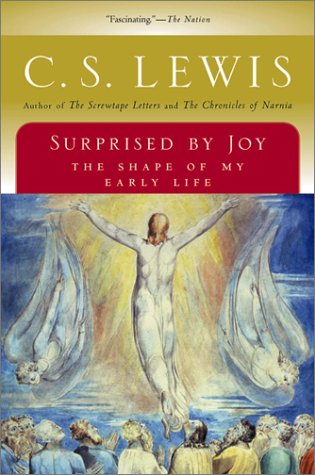Main points: Lewis sets up his argument for Christianity, discusses free will, "good dreams", the trilemma, repentance, and the end of the world.
Mere Christianity is a book I first read all the way through a year ago. It's a fascinating work that builds a logical case for Christianity and teaches us a lot about Christian beliefs. I've been inspired by it, and taken many favourite life quotes from it.
Book I - Right and Wrong as a Clue to the Meaning of the Universe - is mostly spent building a philosophical case for Christianity, starting with the very basics - there exists some sort of moral law that all humans are aware of. Lewis progresses logically from there and discusses the nature of this Mind behind the moral law. This part is very interesting, but not particularly inspiring to me because I already have a very firm belief in God. This just serves to back up what I already know.
Once Lewis has set up the idea that there is a Power or Mind behind the moral law we all know, he establishes a God that loves goodness {as evidence by the moral law He has created} and cannot abide badness. This creates a dilemma - one that is necessary for us to accept before we can accept Christianity. We have to see ourselves in the predicament that we are actually in - opposed to Absolute Goodness. Lewis writes,
"It is after you have realised that there is a real Moral Law, and a Power behind the law, and that you have broken that law and put yourself wrong with that Power—it is after all this, and not a moment sooner, that Christianity begins to talk. When you know you are sick, you will listen, to. the doctor. When you have realised that our position is nearly desperate you will begin to understand what the Christians are talking about."
This reminds me of the quote by Ezra Taft Benson - "Just as a man does not really desire food until he is hungry, so he does not desire the salvation of Christ until he knows why he needs Christ." Lewis expertly sets up our dilemma and gets us to see how much we really need Christ.













